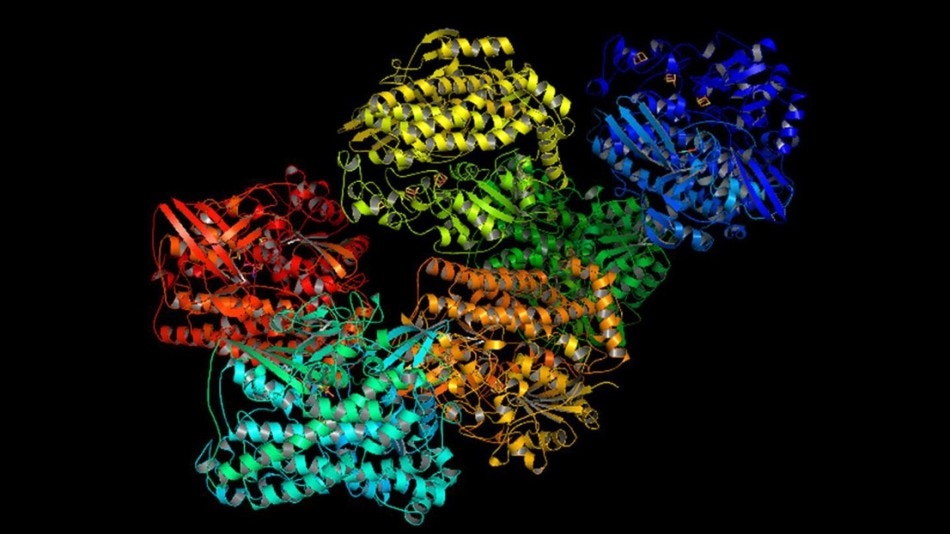May 22 2019
Chemists from EPFL have prepared a functional non-native metal hydrogenase for the first time.
 (Credit: EPFL)
(Credit: EPFL)
Hydrogen activation is catalyzed by the enzymes called hydrogenases. There are three natural types of hydrogenases, all containing iron and few of them nickel. However, in synthetic chemistry, there is a myriad of metals that could cause molecular hydrogen activation and hydrogenation reaction catalysis.
Why doesn’t nature use other metals in hydrogenases? Is it purely due to bioavailability?
Xile Hu, Head, Laboratory of Inorganic Synthesis and Catalysis, EPFL
The solution is probably complex, as metalloenzymes that contain manganese, cobalt, molybdenum, and copper are quite common.
In collaboration with the laboratory of Seigo Shima at the Max Planck Institute for Terrestrial Microbiology, Hu’s laboratory has currently prepared a manganese-hydrogenase by the addition of a manganese complex into the apoenzyme (the active-site-free part) of iron-hydrogenase.
“What is exciting is that this semi-synthetic manganese-hydrogenase is active for the native reaction of iron-hydrogenase,” stated Hu. This is important since, in general, it is rare to replace native metals when maintaining the activity of the enzyme. “To our knowledge, this is the first functional non-native metal hydrogenase.”
Funding
This work was supported by Swiss National Science Foundation, European Union Marie Sklodowska-Curie Individual Fellowships, Max Planck Society, Deutsche Forschungsgemeinschaft (German Research Foundation), EPFL, and China Scholarship Council.